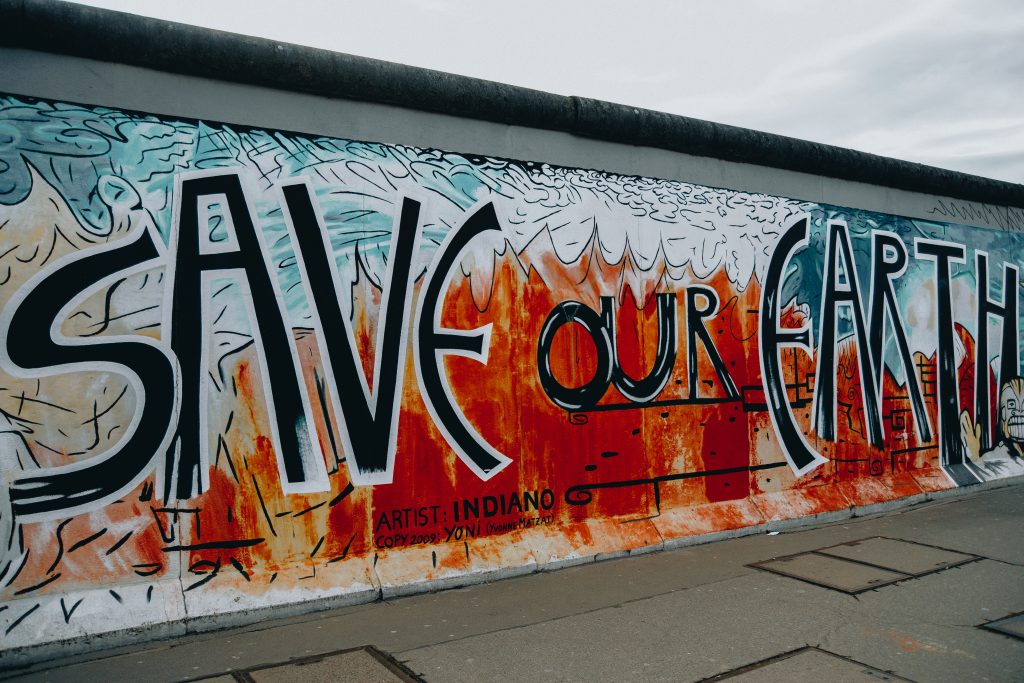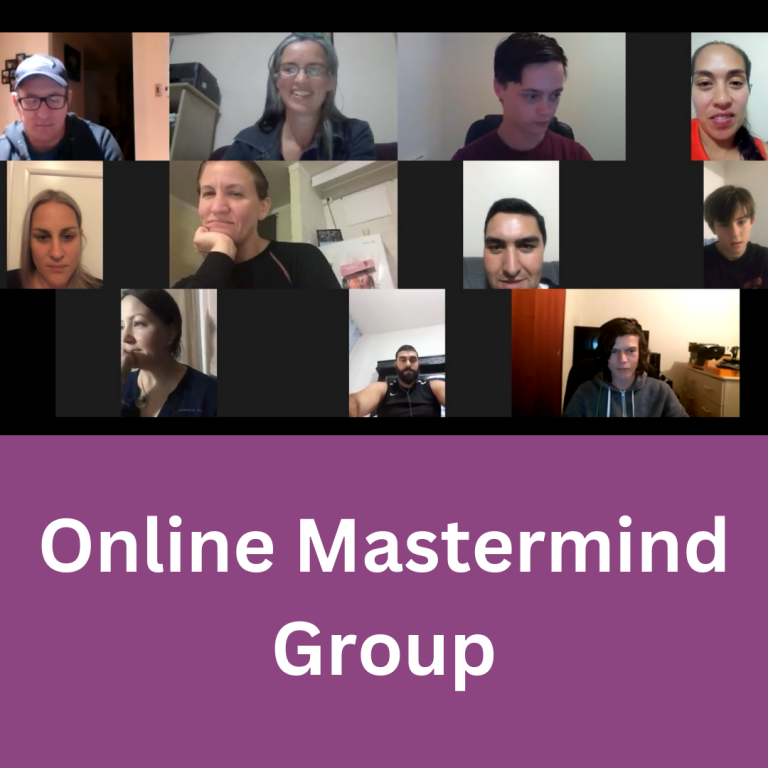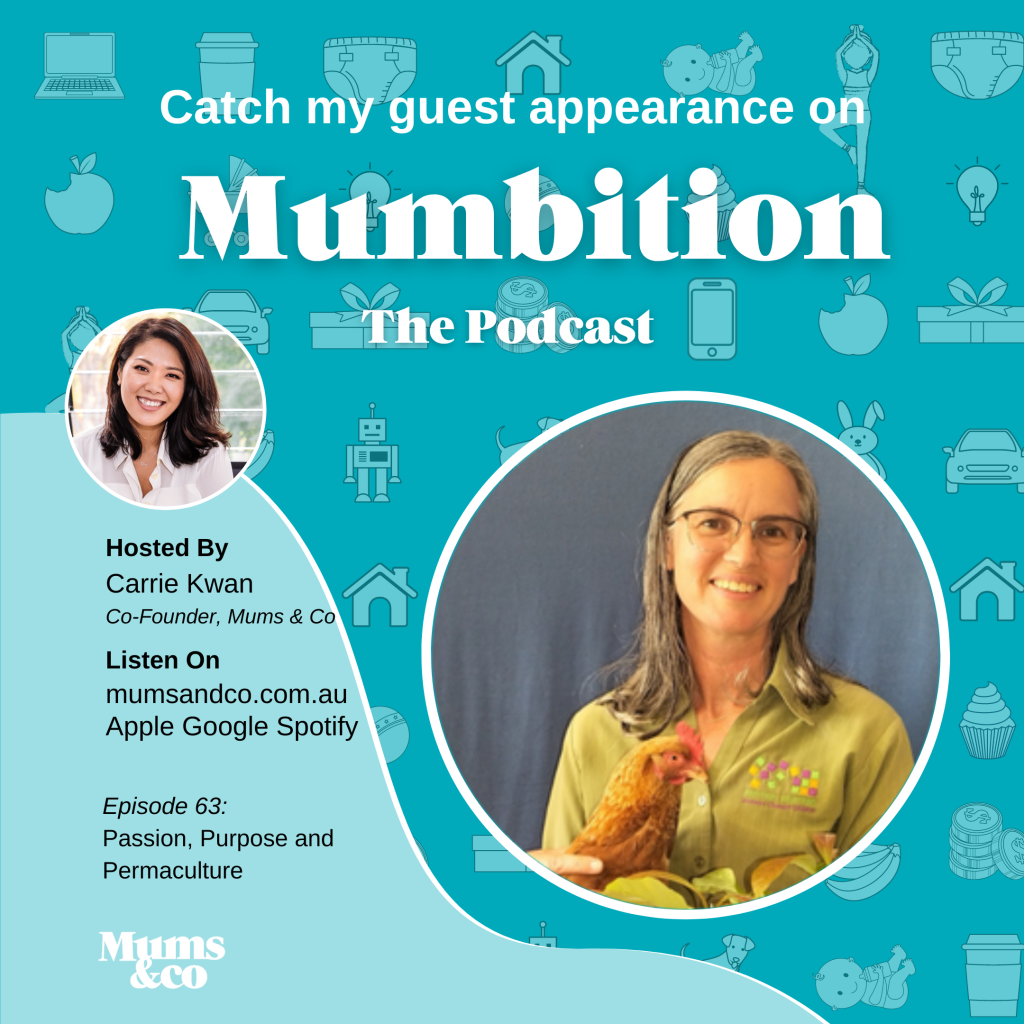
When we talk about the earth, the environment and sustainability, how much do we recognise our own impact? Do we really understand the prolonged impact of our actions? Some actions have a very clear cause and effect, while others have an impact that is harder to see in the immediate time, and yet could cause ripples that continue to be felt for years or even decades after the fact.
The Choices of a Foolish Teenager
This topic always reminds me of some of the regrettable choices I made as a teenager. At the age of 17, having left my parent’s home, I thought I was grown up enough to do it on my own. I was still at high school, and had big ambitions of university and career and accomplishment as either an architect, concert pianist, or fashion designer. I could genuinely have succeeded at any one of them if I had stuck with any one of them.
When my independent student allowance was called into question and I was encouraged to go back home to my supportive and loving parents, I chose instead to leave school in the middle of year 12 and go on the dole so that I could remain living independently.
<cue long and heavy pause>
I now console myself with forgiveness and compassion. I tell myself that the life experience I gained from the path I chose has been incomparable to what I would have experienced had I stayed on the right track, and that I am the magnificent person I am today because of those experiences. It took me decades to overcome the limits I placed on myself as a result of that choice. I still remember the look on my student counsellor’s face as she pleaded with me to reconsider, and finish my exams. But the fact remains that I didn’t, and my life was forever and drastically changed from that moment. I have now made peace with myself, mostly.
The purpose of bringing this up now is not to open up old self-sabotage wounds, but to illustrate just how devastating some of the choices we make are. Perhaps we are a bit too short-sighted to see the extended impact of the choices we make, perhaps we’re a bit too jaded to care.
Whatever the reason for it, the choices we make always have an impact on the people and the planet around us, and it behoves us to make ourselves aware of what those consequences are, so that we can make more educated and intentional choices that reflect what is really important to us. The time will come – and probably much sooner than we think – when we can no longer claim ignorance nor innocence in the state we will find ourselves in.
Small Business and the Collective Impact on Sustainability
I’m talking about small businesses, and their collective impact on the environment. When you buy a coffee on your way to the office, do you know that the cup will still be around when your great-grandchildren are your age? Where exactly does all that rubbish go when the trucks come to haul it all away? Out of sight, out of mind, perhaps. Only thing is, the earth is still the earth when we can’t see it beyond our own short horizon. It’s still a thing, and those hundreds of little actions will one day all build up and come back to haunt us.
How much water do you need to use to run your business, and where does that water come from? How much power does your business need to operate, and where does that power come from? How many plastics or chemicals come into your business during its normal course of operations, and where does it go once you’ve finished with them?
One of the biggest challenges with addressing these kinds of activities is the fact that we’ve done this for so long, we don’t see it as being a problem. Each little thing is too insignificant to matter, and if we’ve always done this, then one more day – or week – or year – won’t hurt, right? We’re busy running the business and that’s hard enough as it is without throwing in the extra guilt of killing the planet while we try to survive.
Have a quick little search online about the statistics we face in terms of our impact on the environment. How much longer will our oceans, forests, fossil fuels and fresh air last? And what will happen to life as we know it when they do run out? Can we still carry on with business as usual and expect the government to fix it for us? Or worse, would we expect the government to compensate us, so that we can carry on as we are? It really doesn’t work like that. If you need a starting point, check out: https://www.theworldcounts.com/
A storm begins with one raindrop. A great oak tree begins as a tiny acorn. You can look at how all of your little acts combine to add to the strain on the earth, and begin to see the magnitude of the problem. Your little business is just one of hundreds of thousands, even millions, all over the world.
Collectively, what does that impact look like? It’s almost impossible to measure accurately, which may be one of the reasons it’s not being talked about more. The variety of small businesses are so wide, and when each business is so unique, it is a challenge to pinpoint where to start. When it’s hard to pinpoint, it becomes very easy to start pointing fingers in any other direction except at ourselves.
Governments have started to promote the need and their commitment to protect the environment. Some big corporations – especially the bigger contributors to the problem – have started to address their individual impact. Families and households are becoming more discerning about their impact. There are a growing number of sustainable and environmentally responsible businesses offering better solutions, but what of the mainstream businesses that occupy the large majority of the commercial landscape?
Without a clear platform or process to tap into, it can be very difficult to know exactly where we stand on the matter. But that challenge is not an excuse. You are either part of the problem, or part of the solution. That space for sitting on the fence is now too narrow to get away with. You’re either one or the other. I totally understand how difficult it can be to make that start, but it is possible.
Just as our collective impact can be detrimental to the earth, so too can our collective impact to save the earth. It doesn’t even need you to make any big or pivotal changes. We don’t need a few businesses doing perfect sustainability, we simply need thousands of businesses doing their little bit – every 1% improvement across the broad scale of the small business landscape can make a huge improvement to our collective impact. It can start with you, and you can start today.
A Sustainability Assessment
One way to start is to carry out a sustainability assessment. A type of checklist or audit on what your normal business operations are, and it may surprise you what you can adjust by small degrees.
In my professional experience, I’ve had the opportunity on many occasions to conduct a review on the accounts of small not-for-profit organisations. It never ceases to surprise me how just that simple process of verifying each transaction can paint a picture of the effectiveness of that organisation to operate successfully. A simple glance over the year’s accounts can produce insights into what can be done better. A brief summary over the physical records kept can illustrate the challenges that the volunteers face as they carry out the operations from day to day.
It’s always been one of my favourite projects to carry out, largely due to the insights that I gain from such a simple and methodical process. When we turn that perspective towards how our businesses can operate in a more sustainable way, it excites me to consider what opportunities may present themselves. Opportunities that were previously hidden, just because no one had taken the trouble to look before. What do you think you could find?
The 4 Areas to Assess Your Impact on Sustainability
This sustainability assessment would cover all aspects of the business in a methodical process. A checklist could assist, and this could be as detailed as you like. The basic structure would cover the four areas of a business.
- Management – Starting at the Mission Statement, what importance does your business place on its impact on the environment? How does this commitment then filter down into every other decision that is made?
- Marketing – Rather than using your environmental commitment as a marketing ploy (called “greenwashing”) look instead at what your marketing activities are doing and their impact. Are you still using print media? What is the geographical area of your market, and what resources are required to service that market? What changes can you make to improve that?
- Operations – This will be where you spend most of your assessment. From the point of sale to the delivery of goods or services, you will find all of the things that give your business its identity. How you carry this out will consist of any number of processes and repeatable systems. A tweak in just one of these – repeated many times over – can make a big difference. List every system and process and repeatable action and see what reveals itself to you. This area includes all HR processes and resources as well. Consider the supply chain kms from start to finish. Consider the volume of waste compared to the finished product. Consider the water and power and all the other resources needed to fuel your business machine.
- Finances – One of the challenges to operating more sustainably is the increased cost of green options. There are two approaches to take to this element of your assessment. First – you can put your money where your mouth is, and show up when it comes time to prove that you are as committed to the environment as you say you are, and be willing to sacrifice a bit of your profit for the benefit of the earth. But secondly – there may be options available to you that don’t cost more. A little creativity and out-of-the-box thinking can reveal solutions that might even save you money.
This is simply an introduction to the concept, we could talk about this for days. The point I’m trying to get across is that the time to start this is now. It was actually more like 40 years ago, but the second best time is now. Tomorrow is too late. Don’t waste another day blaming someone else for their failures, or feeling so insignificant that your little effort won’t make enough of a difference to matter. If there’s one thing that I’ve discovered in my decades of supporting small businesses, it’s that we all tend to be thinking the same thing. So if you decide to make a start, chances are that all of the businesses around you will be on the same page sooner rather than later.
Making a Start to Improve Your Sustainability
The hardest part will be starting. As soon as you make that first step, the next step will be that little bit easier. The resistance to change will be that little bit weaker. Continue and carry on, and in 12 months from now, make a date to look back on how far you’ve come.
If you need any extra incentive or motivation to do something now, go spend some time in nature. Get some dirt under your fingernails or pick something to eat off a tree. Get back to what this is all about – life, and the fact that our beautiful earth gives us everything that we need to live abundantly and with vitality. And she does it with such a beautiful and balanced style.
There is a reason we turn to nature, it’s always there, and it always has the right answer. The natural world is a wonder as much as it is a necessity. I personally have a deep reverence for the earth, and have dedicated my career to promoting the movement and commitment to heal the damage that was done to the earth by our forebears.
Going back to my story at the beginning, where as a 17 year old I made really bad and life-long choices, I am now a completely different person to that foolish teenager. Just as we, as business owners, are so much more aware and enlightened than the people who taught us how to run a business. The things that were done in the past were devastating to the natural order of things. We need to recognise just how bad these things are. The impact of those things that were done in the name of “just doing business” will haunt our children and grand-children.
But we don’t have to perpetuate the cycle. We can be that pivot, even if it’s just in the small scope of our little corner of the world. It starts with you. You can be that first raindrop of the storm, you can be the acorn. Be part of the solution, and no longer part of the problem. We will still live with the regret of our past, not everything can be undone by switching to an eco-sustainable detergent. But the actions we take now will build, and then together with the actions we take tomorrow, the collective impact can make all the difference.
If you would like to start with my template, you can download it here: The Evertrue Solutions Sustainability Assessment
Discover our range of services
- Obtain a Yield to Find Personal and Business Fulfilment - March 7, 2024
- Maintain Motivation to Achieve your Goals - January 29, 2024
- Holistic Personal Development for True Life Fulfilment - December 29, 2023




